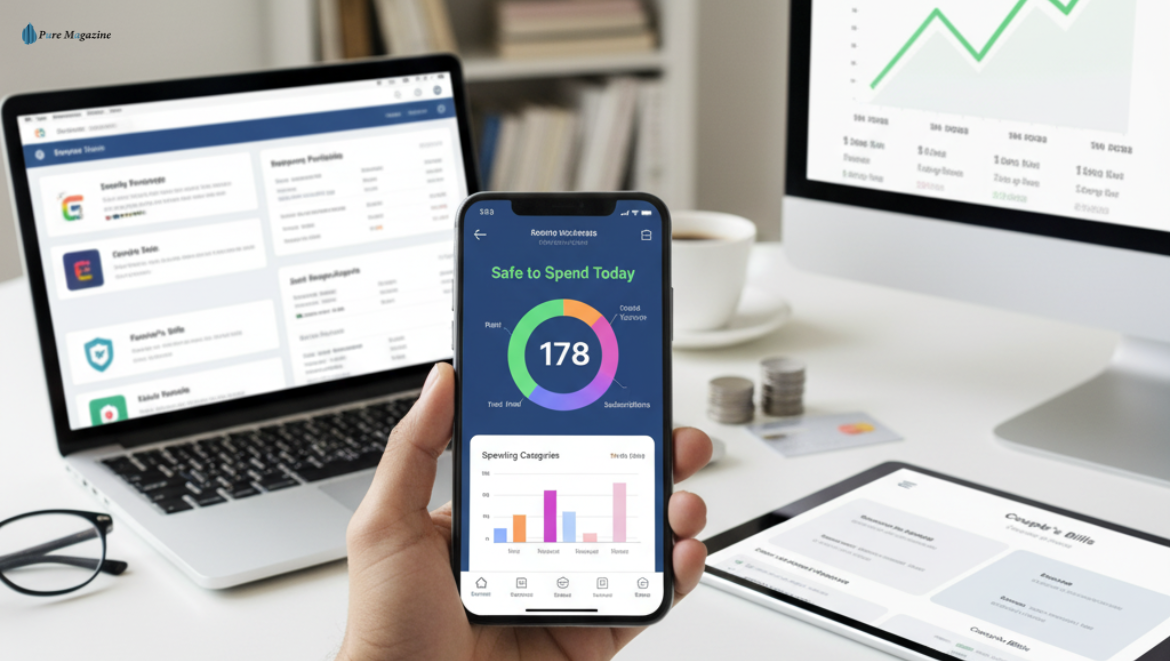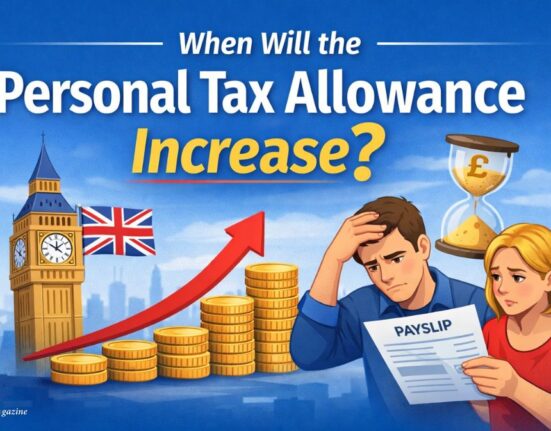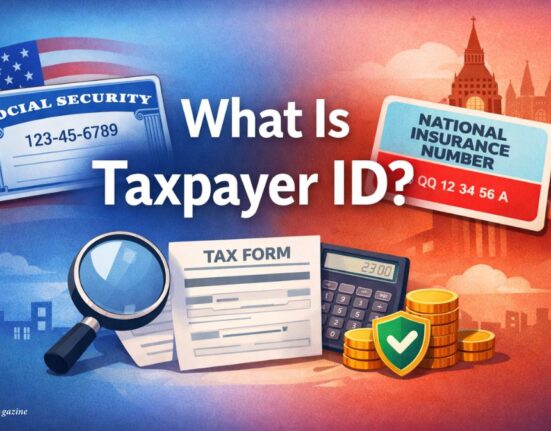Let’s be real—money can feel like quicksand. You work hard, get paid, and then poof… by the end of the month, you’re left wondering where it all went. Rent, bills, random Amazon buys, takeout that was supposed to be “just this once”—it adds up fast.
But here’s the good news: in 2025, you don’t have to wrestle with spreadsheets or guesswork anymore. There are free finance apps that do the heavy lifting—tracking, categorizing, reminding, even gently nudging you when you’re about to overspend. These aren’t boring number-crunching tools. They’re like having a money coach in your pocket.
And trust me, with prices climbing and inflation making everything feel twice as expensive, having a system in place isn’t optional—it’s survival.
So, let’s dig into 12 free apps that can actually help you take control.
Why Bother With Personal Finance Software?
Think of it this way: your bank app shows you your balance. A finance app shows you your life.
- Where your money really goes.
- Why do you always feel broke before payday?
- Which “little” habits are draining you (spoiler: it’s usually coffee and subscriptions).
- And how to finally get ahead, whether that’s paying off debt or saving for something you’ve been putting off.
It’s not about punishment—it’s about clarity. Because once you see the patterns, you can change them.
What Makes a Good Free Finance App?
Here’s the checklist:
- Automatic syncing with your bank and cards (because no one wants to type in every transaction).
- Flexible budgeting styles—envelope method, zero-based, or just simple “spend vs save.”
- Visual reports that make sense at a glance.
- Strong security—bank-level encryption and two-factor login.
- Easy design—if it feels like homework, you won’t stick with it.
The 12 Best Free Personal Finance Apps for 2025
1. Mint – Gone but Not Forgotten
Mint was the OG. Everyone loved it for being simple: link your accounts, see your spending, get a clear picture. But Intuit pulled the plug in January 2024.
Why? They wanted to push users to Credit Karma and QuickBooks. Some people moved, but many didn’t. These days, people recommend Empower or Simplifi as stronger replacements.
Still, Mint deserves a nod. It showed millions of people that budgeting could actually be painless.
2. Empower Personal Dashboard (formerly Personal Capital)
If Mint is the beginner’s app, Empower is the pro’s tool. This isn’t just about groceries and gas—it’s about investments, retirement, and net worth.
- Tracks all your accounts in real time.
- Breaks down where your money goes.
- Even tells you if you’re overpaying on investment fees.
It’s perfect if you’ve got multiple accounts or you’re starting to think long-term. But warning: it can feel like overkill if you just want to track coffee spending.
3. PocketGuard – The “Can I Afford This?” App
Ever stood at checkout wondering if buying that extra hoodie will mess up your budget? PocketGuard gives you an answer in seconds.
It shows you what’s “safe to spend” today after bills and savings are accounted for. No complicated charts, just a number that tells you how much wiggle room you have.
Simple, clear, and honestly a stress-saver.
4. Goodbudget – Digital Envelopes That Actually Work
Remember the old-school envelope method? Cash in one envelope for groceries, another for gas, and so on. Goodbudget takes that idea and makes it digital.
Couples love it because you can both see where the “envelopes” are. It’s manual—no automatic syncing—but that’s kind of the point. It forces you to be intentional.
5. Honeydue – Made for Couples
Money and relationships… messy combo, right? Honeydue makes it a little easier.
- Let’s see the joint expenses.
- Sends reminders for bills.
- Even has a chat feature so you can message each other about money right in the app.
It’s transparency without being invasive—perfect for couples who want to stay on the same page without merging every single account.
6. GnuCash – The Power User’s Choice
This is not a flashy app. It’s not even really an app—it’s full-blown accounting software. But it’s free and open-source, which makes it powerful.
- Double-entry bookkeeping.
- Investment tracking.
- Multi-currency support.
Best for freelancers or small business owners who want control of every detail. Downside? It has a learning curve.
7. Quicken Simplifi – The Polished Successor
People often call this the “modern Mint.” It’s slick, user-friendly, and has features like spending projections and goal setting.
There’s a paid version, but the free tools are solid. Think of it as Mint 2.0 with a fresher design.
8. KMyMoney – For the Spreadsheet Lovers
Another open-source tool, built for people who like detail and don’t mind setting things up.
- Works offline.
- Handles investments, loans, and savings.
- Has serious reporting features.
It’s not flashy, but if you love control and hate subscriptions, this is your tool.
9. NerdWallet – More Than Just Articles
Most people know NerdWallet for its guides and comparisons. But it also gives you free budgeting basics and credit score tracking.
It’s best for beginners who want education alongside tools. You won’t get deep analytics, but you’ll get smart recommendations.
10. Quicken (Classic)
The old guard. Quicken has been around for decades, and while most of its best features are behind a paywall, it still offers free basics.
It’s stable, trusted, and backed by years of updates. The interface feels a bit dated, but some people like that familiarity.
11. HomeBank – Privacy First
Don’t want your data floating in the cloud? HomeBank is a lightweight desktop tool that runs offline.
You can import bank files, set budgets, and see charts. It’s simple, private, and great for anyone who doesn’t trust cloud apps.
12. YNAB (You Need a Budget)
Okay, this one’s only free for 34 days (or a year if you’re a student). But it deserves a spot because it’s that good.
YNAB uses a zero-based system—every dollar gets a job. It’s strict, but it works. People swear by it for debt payoff and savings.
Yes, it’s $109/year after the trial, but for many, the results are worth it.
Quick Comparison
| App | Best For | Why Use It | Watch Out For |
| Empower | Investors | Tracks net worth + retirement | Can be overwhelming |
| PocketGuard | Everyday budgeting | Tells you what’s safe to spend | Limited customization |
| Goodbudget | Couples/families | Digital envelope method | Manual entry |
| Honeydue | Couples | Shared transparency | Not useful for solo users |
| GnuCash | Freelancers | Pro-level accounting | Steep learning curve |
| YNAB | Serious budgeters | Zero-based budgeting system | Subscription after trial |
| HomeBank | Privacy seekers | Works offline, simple | No mobile app |
How to Choose the Right App
- If you hate math: PocketGuard.
- If you’re planning investments: Empower.
- If you want old-school discipline: Goodbudget or YNAB.
- If you care about privacy, use HomeBank or GnuCash.
Start with one. Don’t overwhelm yourself by downloading three at once.
Final Thoughts
The right personal finance app isn’t about making you rich overnight. It’s about making sure your money works for you instead of slipping through your fingers.
Pick one, stick with it, and review your numbers at least once a week. Over time, those little insights—spotting a subscription you don’t use, or realizing you spend $200/month on takeout—add up to real changes.
And that’s how financial freedom starts.
Visit: Pure Magazine








